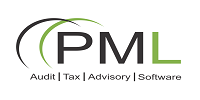The Nigeria Postal Service and the Federal Inland Revenue Service have been at loggerheads over which of the Nigerian government’s agency is constitutionally backed to collect stamp duty taxes in the country.
Call to mind that the government through the FIRS had increased the payment ... Read More




